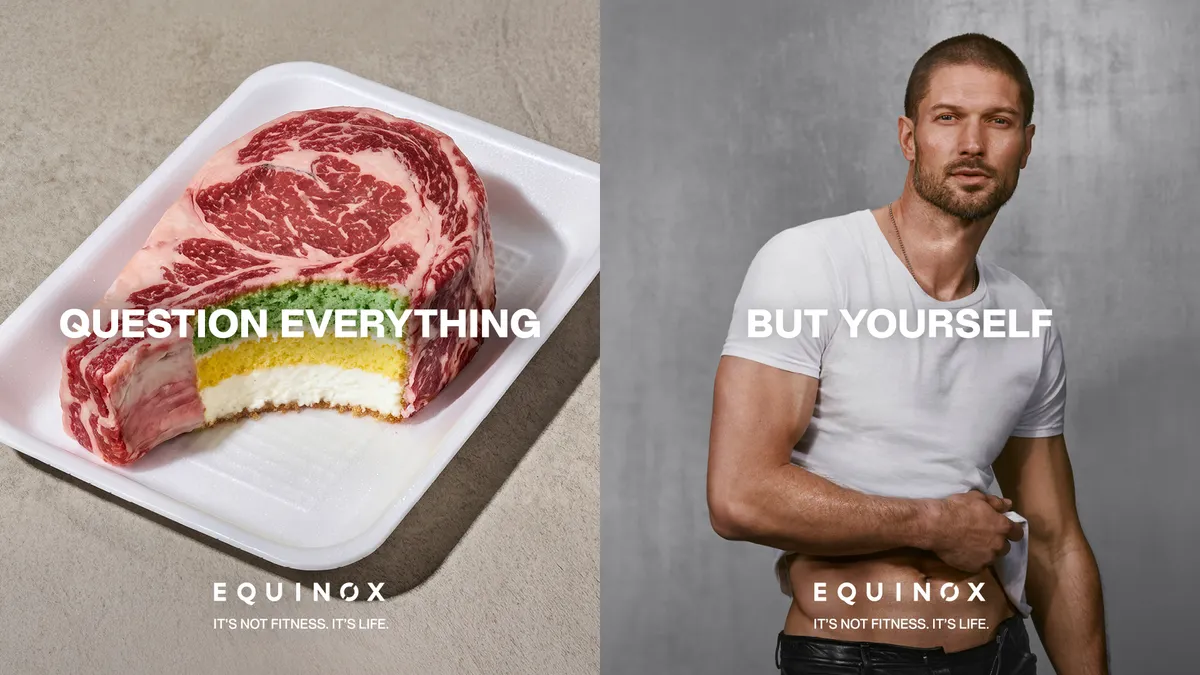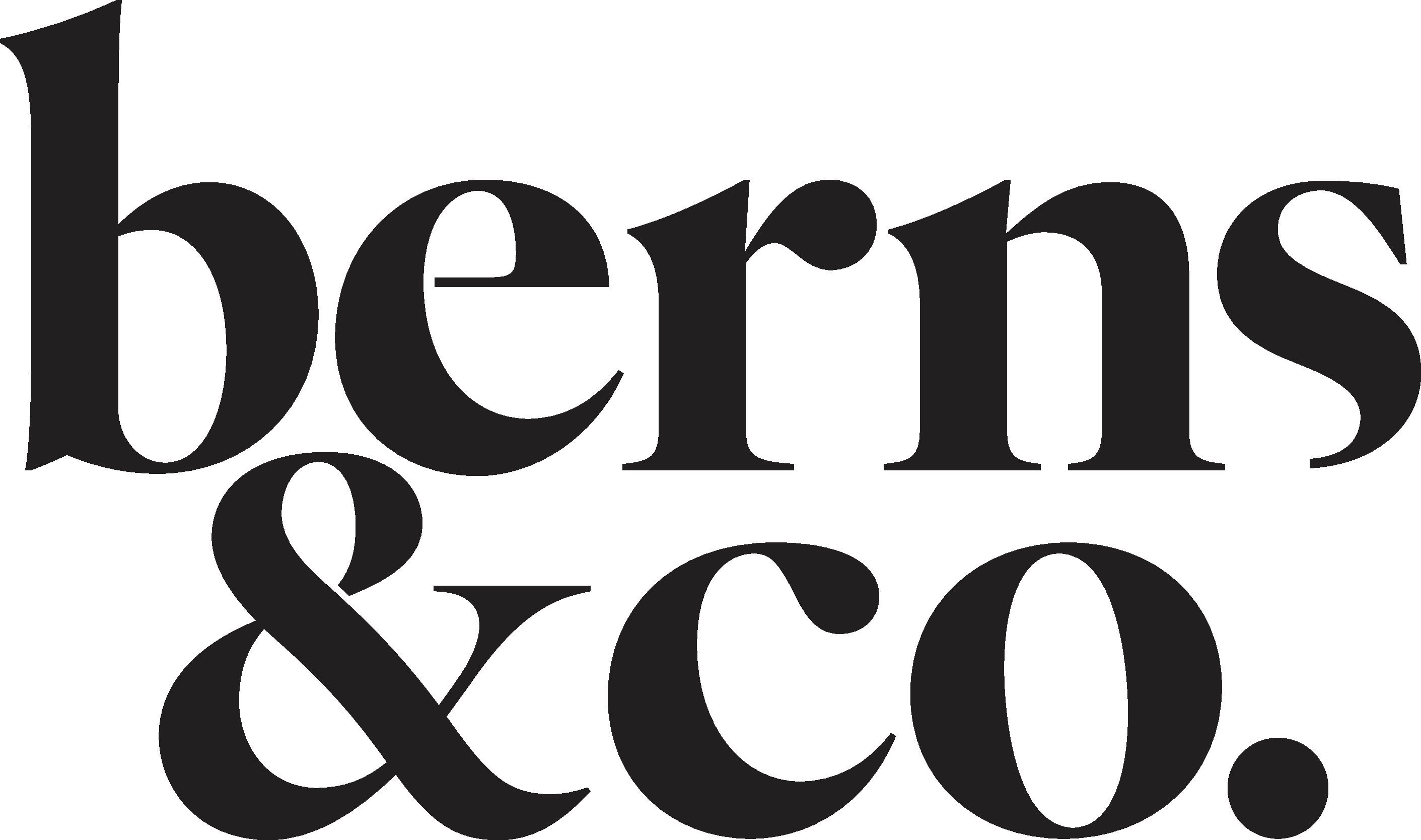Avocados From Mexico, an independent produce brand established in 2013, has since its founding become a Super Bowl regular, building itself into a household name through quirky, star-studded ads around the big game. The company's six-year Super Bowl streak will come to an end in 2021, however, as it shifts focus to areas like mass personalization, chief executive Alvaro Luque told industry trade The Packer in a video interview that was covered by Ad Age this week.
Luque told The Packer that Avocados From Mexico will leverage the down period to reinvent itself, with plans to return to the Super Bowl in 2022. Hovering around its decision is the coronavirus pandemic, which has created serious disruptions to the current NFL season and previously jettisoned major live TV events like the Summer Olympics.
But sports marketers were cautious to uphold Avocados From Mexico's dropping out as a precursor to some larger advertiser exodus from Super Bowl LV. Rather, they said the news sends an early signal that the makeup of brands advertising around the big game — and how they execute their media strategies — could be seriously altered as the health crisis persists through the winter months and continues to affect consumer habits.
"I don't see them pulling out of the Super Bowl as a reflection on interest in this year's game," Larry Mann, executive vice president of sports marketing agency rEvolution, said over email. "When you're [a] brand that's often so focused on large events, parties and gatherings of friends, families, etc., it's especially critical to rethink your brand positioning, platforms, tactics, etc., to reflect the current environment."
Changing timeline
In some ways, the current setup heading into Super Bowl LV is business as usual. CBS, the network airing the game, is asking for around $5.5 million per 30-second TV spot, according to media reports, which falls roughly in line with the rates of recent years.
That high figure shows continued confidence not only that the Super Bowl will happen in February, but also that marketers will likely be willing to shell out top dollar in a sports media space that has seen viewership slip and experienced significant scheduling disruptions this year. Avocados from Mexico is the first marketer to affirm it will not have a Super Bowl ad buy in 2021, per Ad Age, while Mars Wrigley — another big game regular — announced plans for a campaign in August, without specifying which of its brands would run ads.
"My gut is that while certain brands may decide to sit out the Super Bowl [due] to a variety of potential factors, I don't think CBS will be lacking advertisers who are willing to get in the game this year," Mann said.
The upshot could be that, while there won't be a significant drop in the volume of Super Bowl advertisers, brands affirming their commitments will happen on the type of jumpy, fast-moving timeline that's become typical to media negotiations around the pandemic. Consumers and the ad industry both pay close attention to which brands plan Super Bowl spots, but the chances that CBS will have sold out its inventory by Thanksgiving — a milestone other networks have achieved in recent years — is less likely this year, according to Joe Zajac, senior vice president of brand marketing Excel Sports Management.
"Our current sense is that marketplace factors will have a bigger impact on timing of commitments than on ultimate participation," Zajac said over email.
Areas like streaming could also get a bigger spotlight, per Mann, as CBS is reportedly requiring advertisers to have their commercials appear on its livestream of Super Bowl LV.
As marketers like Avocados from Mexico step back with key selling occasions like watch parties are on hold, it's also possible that new categories will move in. Delivery platforms, for example, have become a staple of pandemic buying habits, and subsequently bigger players in sports marketing. Postmates last month became the official on-demand food delivery partner of the NFL.
"From a brand perception and market share perspective, there will be winners and losers coming out of all this upheaval, and the Super Bowl is an enormous opportunity to disrupt traditional category dynamics," Zajac said.





















